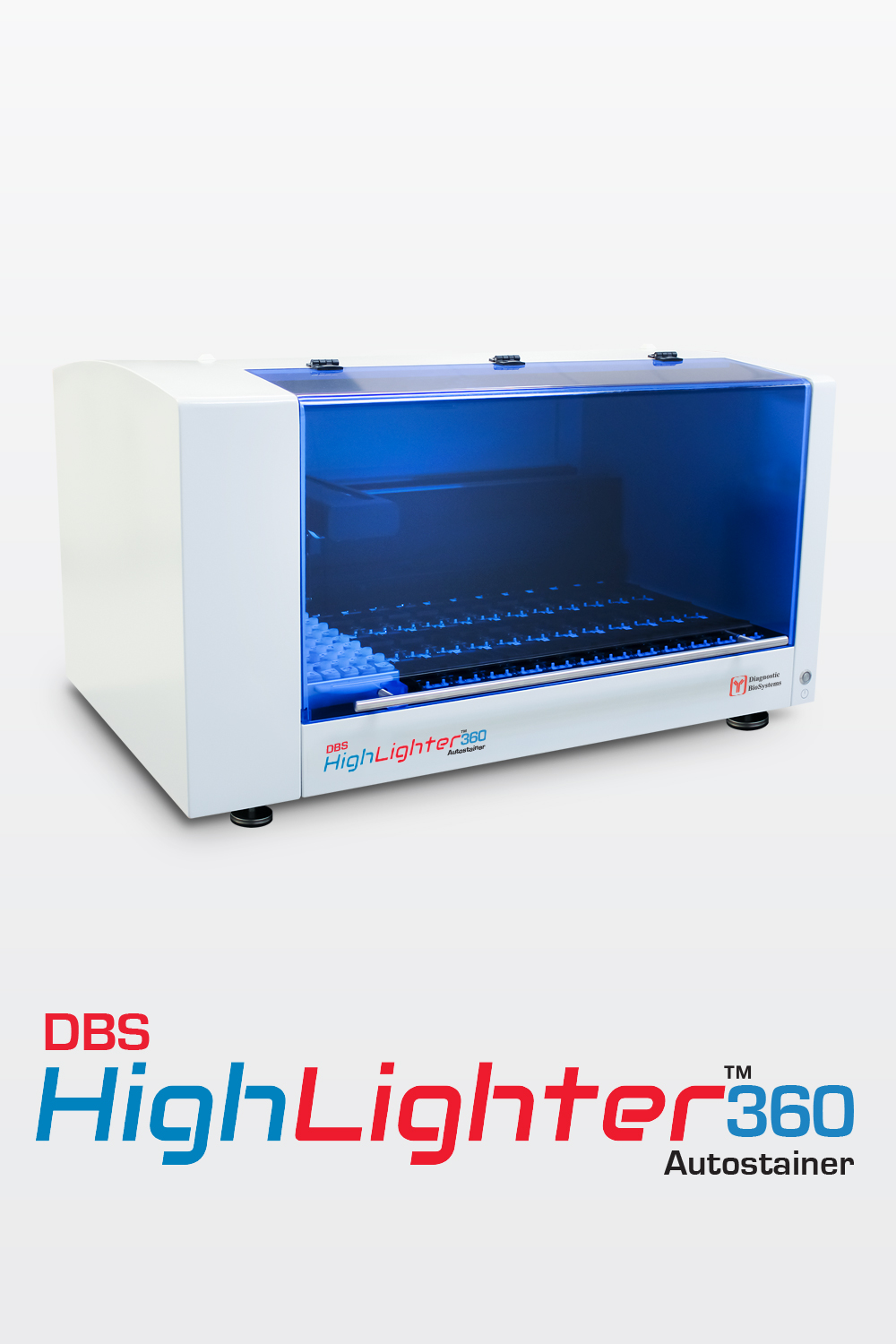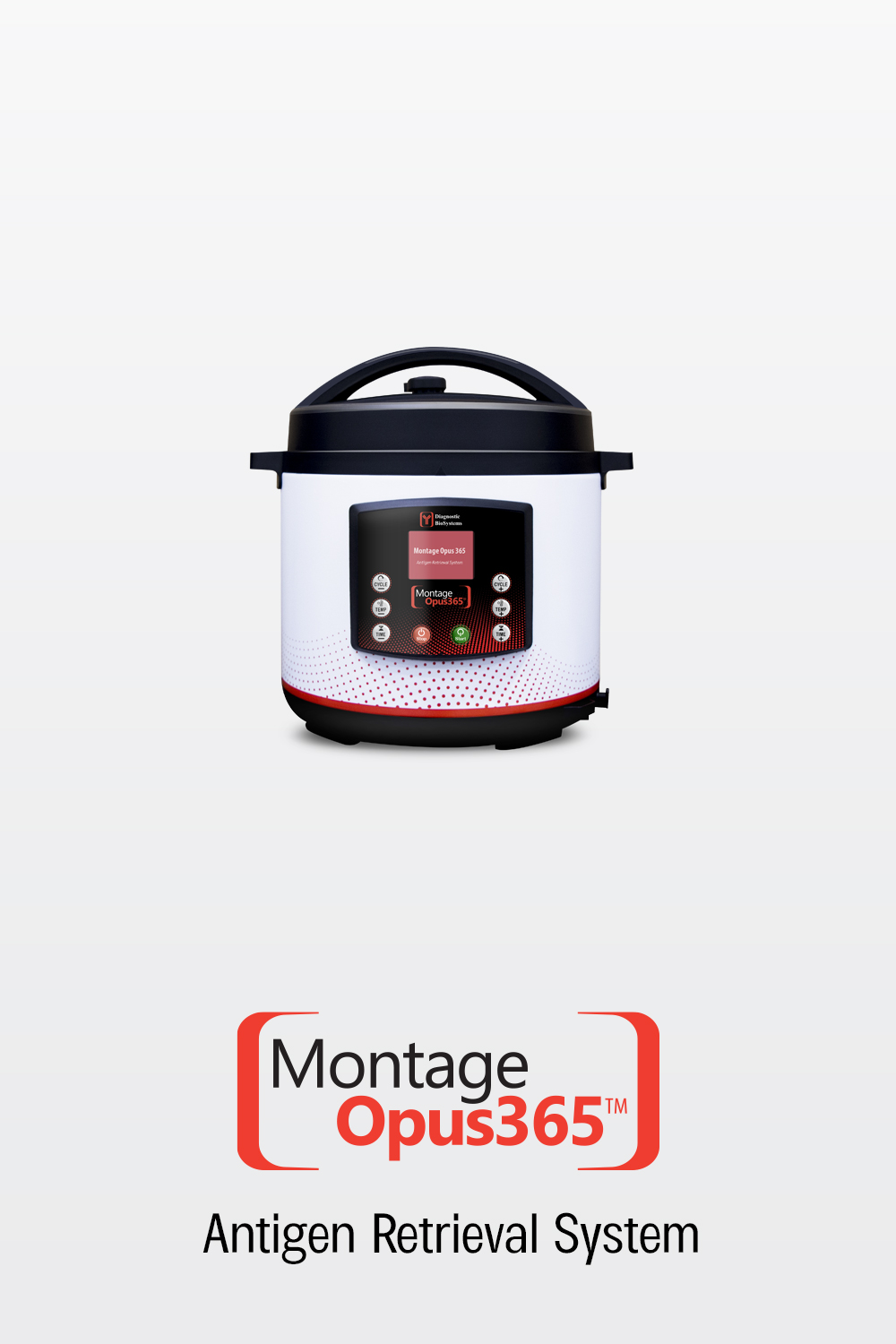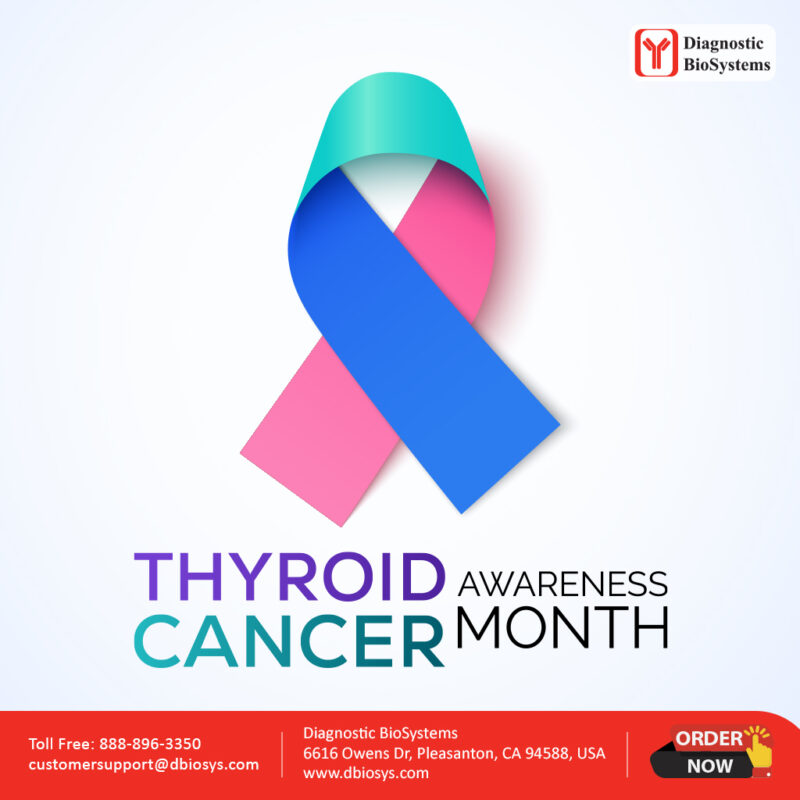Blog
Spotlight on the Silent Gland: Thyroid Cancer Awareness
Thyroid cancer occurs in the thyroid gland, a butterfly-shaped organ located at the base of the neck, responsible for producing hormones that regulate metabolism, heart rate, and body temperature. Though it’s relatively rare compared to other
cancers, its incidence has been increasing, particularly among women.
Check your Neck: Your thyroid might be small, but it speaks volumes. Feel for lumps or swelling. Notice changes in your voice or difficulty swallowing? It’s time to listen closely.
Numbers that matter:
• 70% of cases show no symptoms at all until it’s advanced.
• Women are 3 times more likely to be diagnosed than men.
• But with early detection, the survival rate is over 98%.
Immunohistochemistry (IHC) markers play a crucial role in the diagnosis and differentiation of thyroid cancers. These markers help pathologists identify specific types of thyroid cancer by detecting proteins expressed in the tumor cells.
Thyroglobulin
• Function: Thyroglobulin is a protein produced by thyroid follicular cells.
• Use: It is commonly used as a marker to confirm the thyroid origin of tumors, particularly in differentiated thyroid cancers like papillary and follicular thyroid carcinomas.
Thyroid Transcription Factor-1 (TTF-1)
• Function: TTF-1 is a nuclear transcription factor involved in thyroid and lung development.
• Use: TTF-1 is expressed in the majority of thyroid carcinomas, including papillary, follicular, and medullary thyroid cancers. It is used to confirm the thyroid origin of the tumor.
Advances in IHC have significantly improved the detection and characterization of thyroid cancer, enabling more accurate diagnoses and better-informed treatment decisions. As research continues, it is likely that IHC will become even more integral
to the management of thyroid cancer, particularly in conjunction with molecular and genomic analyses.
Following IHC markers are available from Diagnostic BioSystems
- HBME-1
- Thyroglobulin
- TTF-1
- Calcitonin
- CK19
- Galectin-3
- PAX8
- CEA




